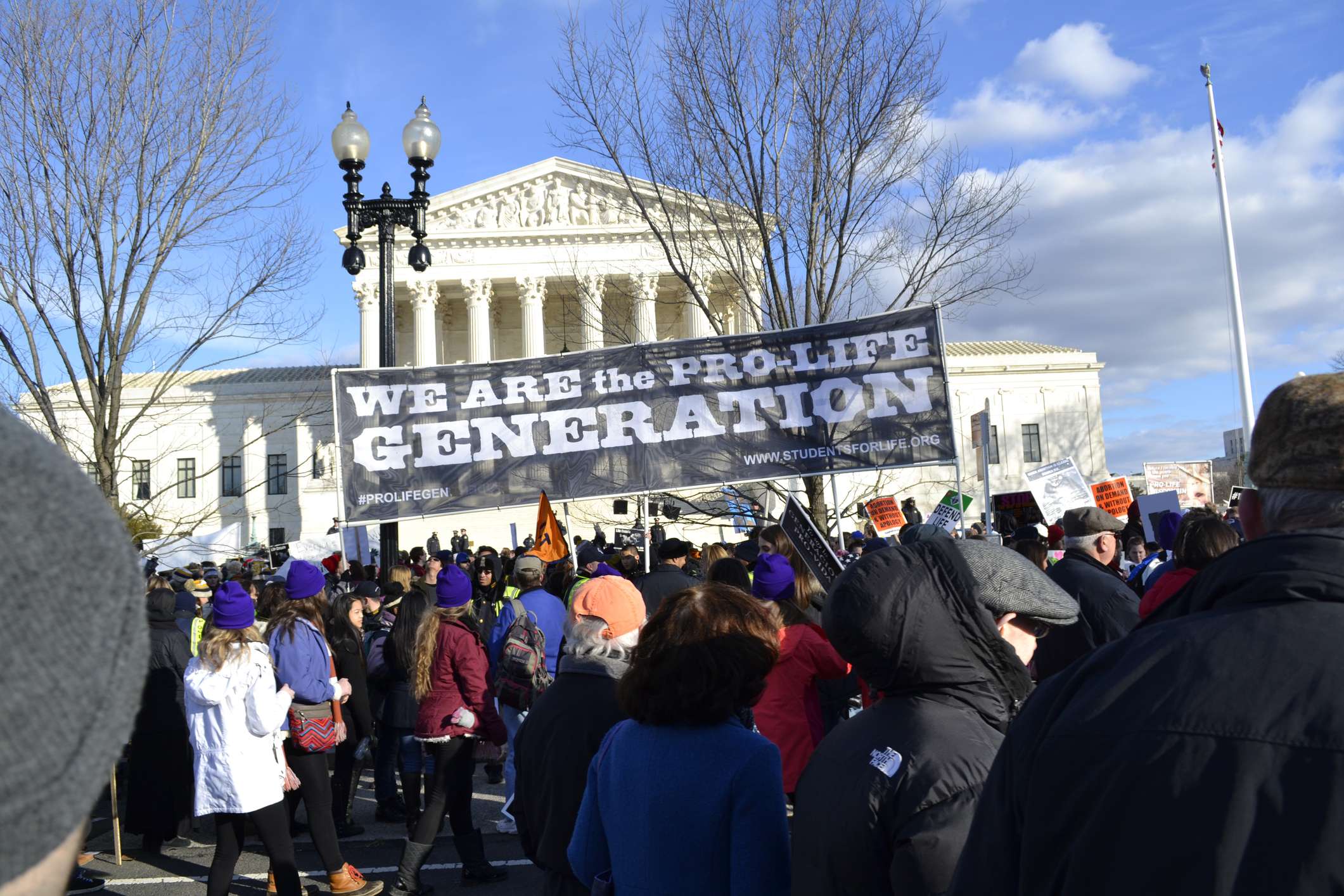
It seems abortion culture impacts society in more ways than one. According to a MassMutual survey, about 23% of millennials and Gen Z adults without children don’t plan to become parents. These findings come after a CDC analysis of 2023 birth certificate data, which showed the annual U.S. birth rate at a new record low.
In a society that doesn’t value life at its roots and tells pregnant women in difficult circumstances that they’re better off getting an abortion – is anyone surprised that younger generations don’t want children and don’t see their value, whether they’re in or outside the womb?

Instead, they prefer to enjoy the financial freedom of a childless lifestyle or financial concerns about raising children. More notably, the study indicated that 31% of millennials and Gen Z who plan to remain childless say their decision is partly because of the social and political world their children would grow up in.
The current social and political environment embraces the killing of preborn lives, one of the most direct devaluing of life altogether. These preborn children are alive from the moment of conception, yet over half of U.S. states allow abortion for any reason beyond 18 weeks’ gestation or have no restrictions on abortion at all. Some states recently voted to enshrine these extreme rights to abortion in their state constitutions.
In the same way that couples want financial freedom, some also want the freedom to make a “designer child” through in-vitro fertilization (IVF). If one is to be morally consistent with the belief that life begins at conception, IVF should concern them, given the concerns with the industry’s business model. Students for Life of America (SFLA) wants people to have babies. However, how can we stand idly by while embryonic humans are treated like property – bought and easily discarded?

Dr. Christine Allen, a veteran embryologist and the founder of Elite IVF TM, a consultant business that works with fertility clinics across the US to troubleshoot problems they encounter, told NBC in 2019 that she believed there were “at least” hundreds of thousands of abandoned embryonic humans in the United States.
The same NBC article quotes Florida doctor Craig Sweet, who says, “Twenty-one percent of our embryos have been abandoned.”
Even for well-meaning couples, this number gives great pause on whether IVF is a good decision. The CDC estimates that approximately 228,136 patients attempted IVF in 2021. CNY Fertility, which has 10 fertility clinics across the country, says for women 35 and younger, fertility clinics should “create and transfer at least three chromosomally normal embryos” and adds that “creating additional embryos for subsequent transfers can increase the chances of success.”
Even if we ignore the ableist implications of the phrase “chromosomally normal,” this means that if each patient who attempted IVF in 2021 created just three children through the process, 684,408 children would have been created. Typically, however, more are designed to increase chances for pregnancy, meaning that if each patient created eight children through IVF, 1,825,088 children would have been created.
If we apply Dr. Sweet’s percentage, this means that over 383,000 embryonic children are sitting abandoned in storage at fertility clinics in the United States.

Not to mention the significant number of other embryonic children who are discarded (killed). Unfortunately, we don’t have exact numbers because, according to the same NBC article, fertility clinics aren’t required by the CDC or the Society for Assisted Reproductive Technology, which is the primary organization in the US dedicated to IVF, to report them.
Now, this generation’s fear of financial instability isn’t wholly unreasonable. Many Americans are concerned about marriage, buying a home, maintaining a career, and affording necessities.
However, underneath some of these concerns lies the heart of the issue: that this generation doesn’t want children because it doesn’t value them. It values its own individual comforts and luxuries rather than sacrificing for someone who can’t give it much back.
It’s not difficult to see when states allow children to be killed who have eyebrows, hair, and fingernails. Children whose hearing, feeling, swallowing, and sucking reflexes are in development; Children who are moving around in the womb. Or when many people champion a process that makes children a commodity. A process that likely ends more lives than abortion in the US. A method that creates hundreds of thousands – possibly millions – of lives each year, just for them to be left indefinitely in storage tanks or killed because they weren’t the perfect child.

If we want to inspire our younger generations to have children, we must teach them to value life from the moment it begins – at conception, regardless of their health. That should be reflected in our laws and in the way our society talks about preborn children.
The Pro-Life Generation (PLG) works hard to make this a reality, but we need all the help we can get in our post-Roe landscape to ensure that our society continues to survive and protect millions of vulnerable lives in the United States and across the world.
READ NEXT: Will DOGE Defund Planned Parenthood? Vivek Ramaswamy and Elon Musk Tell Them to FUND THEMSELVES
Share this post
Recent Posts

National Celebrate Life Weekend Dominates D.C.: Just Look at the Coverage
01 Jul 2025
The Pro-Life Generation REACTS: “Big, Beautiful” Budget Bill Vote One Step Closer to Defunding Planned Parenthood & ALL Abortion Vendors
01 Jul 2025
News: FIVE Lawmakers Recognized for Defending Life
30 Jun 2025

